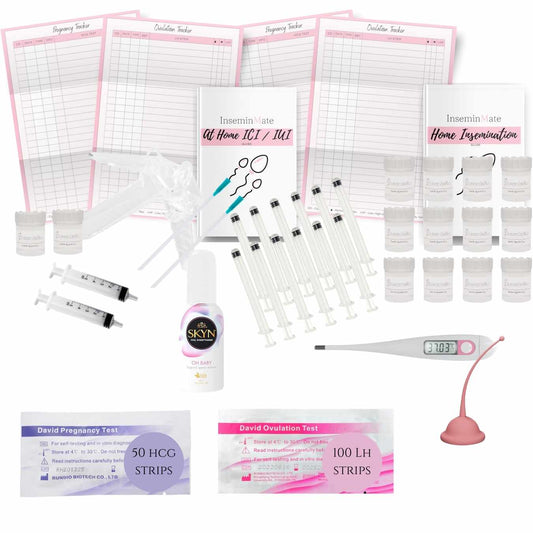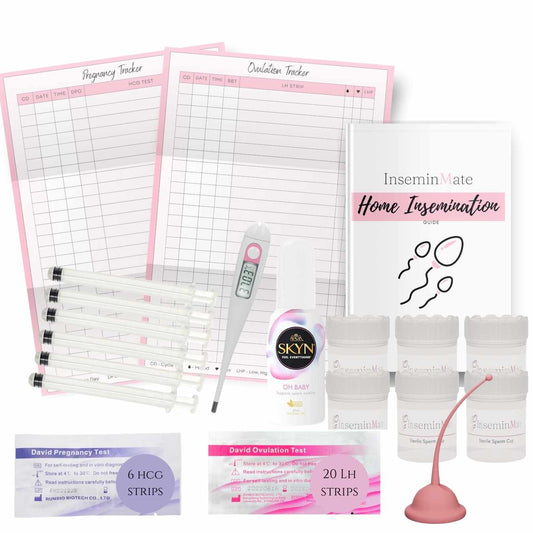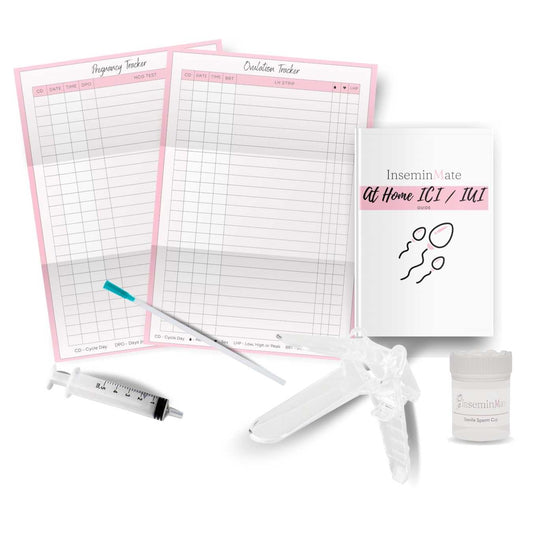Many couples who are trying to conceive consider at-home insemination as a viable option. This process involves the introduction of semen into the female reproductive system outside of sexual intercourse. While at-home insemination can be an effective way to conceive, there is no guaranteed way to get pregnant on the first try. However, there are several steps you can take to improve your chances of success. In this blog post, we will explore some tips on how to get pregnant on the first try with at-home insemination.
- Determine the Best Time for Insemination
The timing of at-home insemination is critical for successful conception. The best time to perform at-home insemination is within a 24-hour window of ovulation. You can track your ovulation by using ovulation predictor kits, which detect the surge of luteinizing hormone (LH) that occurs before ovulation. Alternatively, you can track your basal body temperature (BBT), which rises after ovulation. Once you have determined the best time for insemination, it's crucial to follow the instructions for the insemination process carefully.
- Use High-Quality Sperm
The quality of sperm used for at-home insemination can affect the chances of conception. It's essential to use high-quality sperm from a reliable source, such as a sperm bank or a known donor who has undergone medical screening. The sperm should be fresh, preferably collected within a few hours of insemination, and stored and transported at the appropriate temperature.
- Prepare the Body
Preparing the body before insemination can also increase the chances of successful conception. Ensure that the vaginal area is clean, and avoid using any products that may interfere with the sperm, such as lubricants or douches. It's also recommended to lie down with your hips elevated for at least 20-30 minutes after insemination to give the sperm the best chance of reaching the cervix and fertilizing the egg.
- Stay Relaxed and Optimistic
Stress and anxiety can affect fertility, so it's essential to stay relaxed and optimistic during the insemination process. Avoid putting too much pressure on yourself to get pregnant on the first try, as it may take several attempts to achieve success. Try to remain calm and focus on the positive aspects of the process, such as the opportunity to start a family.
In conclusion, at-home insemination can be an effective way to conceive, but there are no guarantees of getting pregnant on the first try. By following the tips mentioned above, you can increase your chances of success and improve the overall experience. Remember to seek medical advice if you have been trying to conceive for an extended period without success, as there may be underlying fertility issues that require further intervention.




